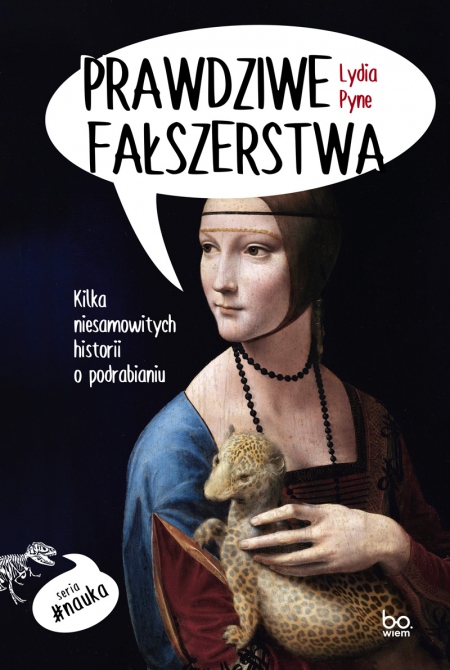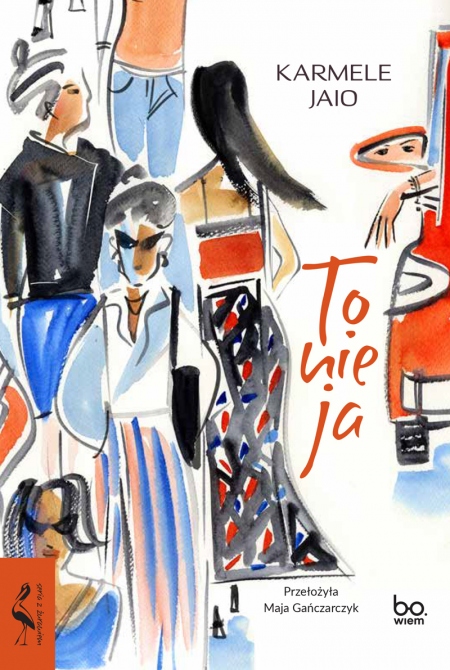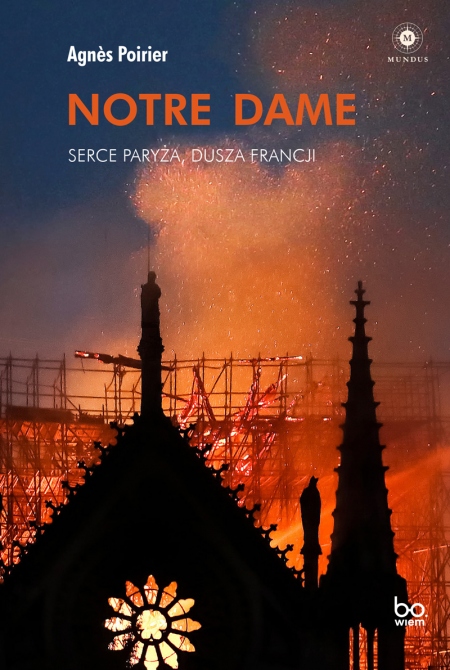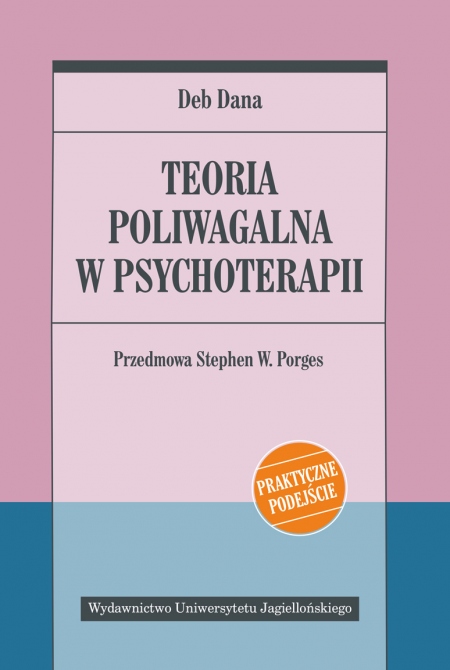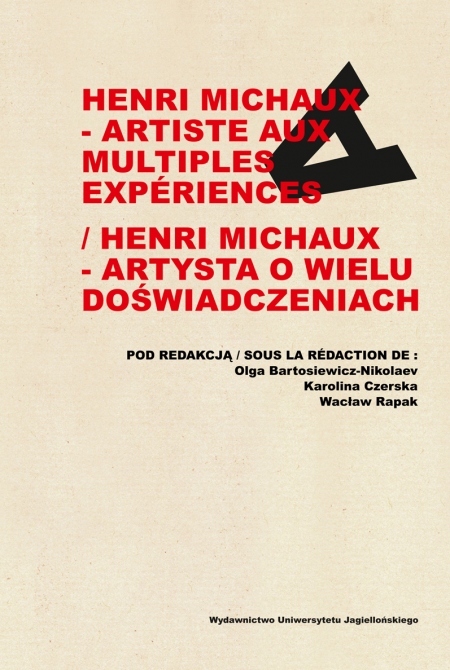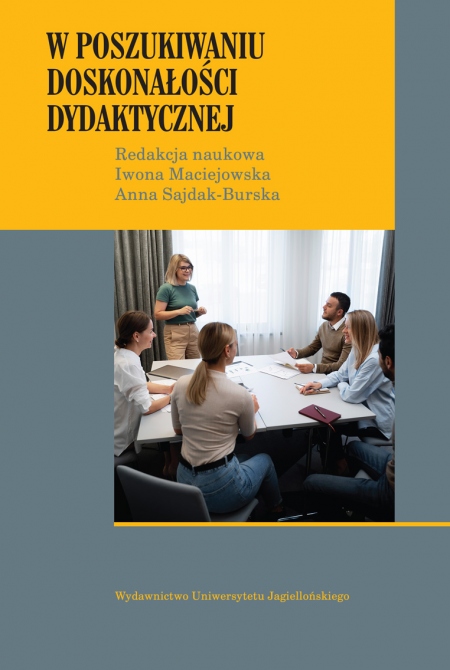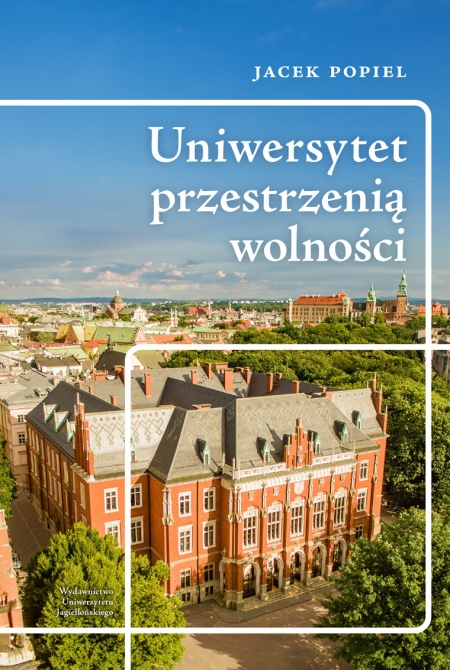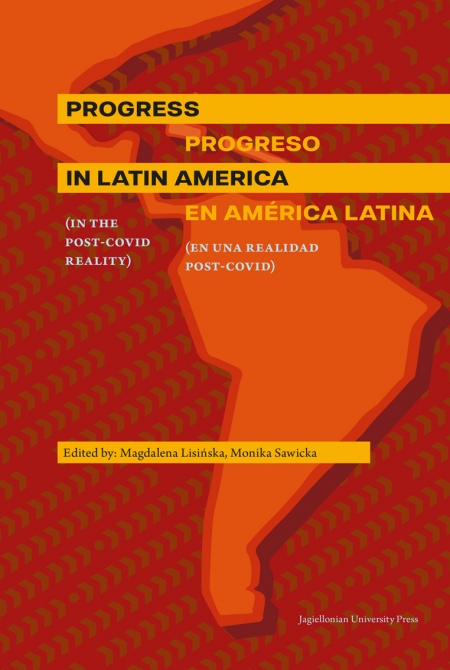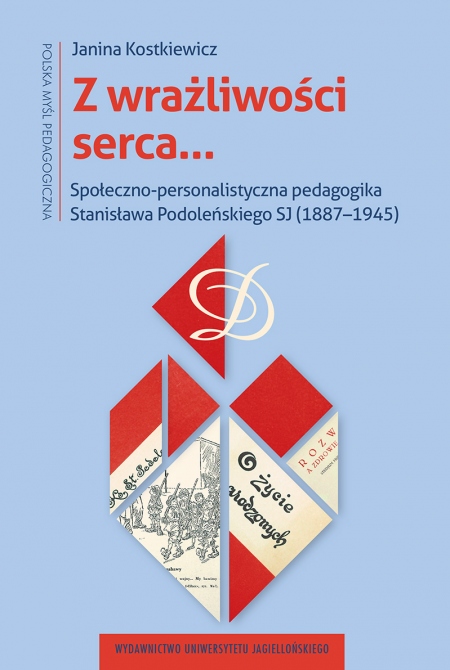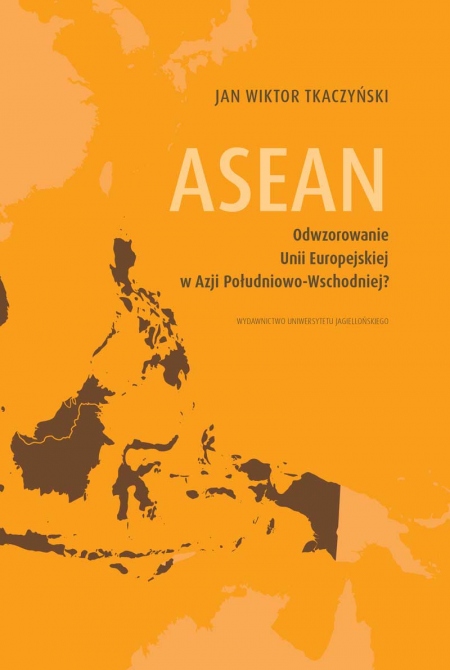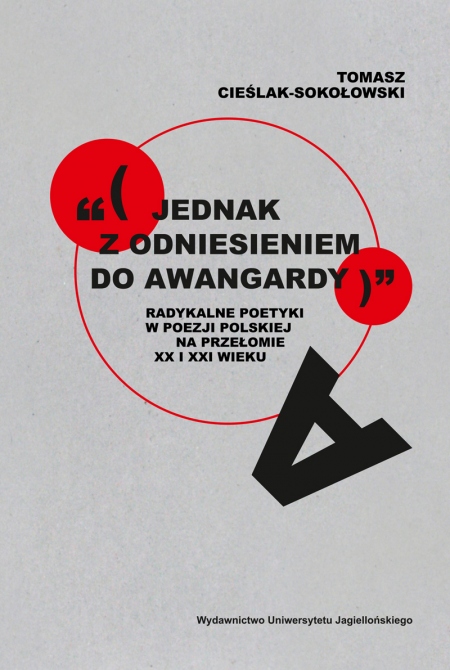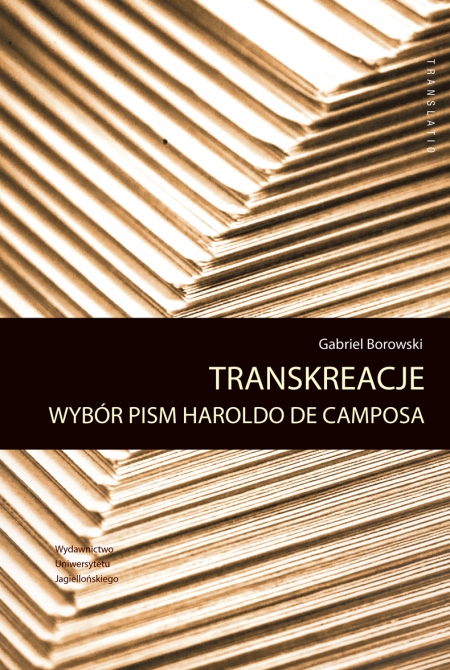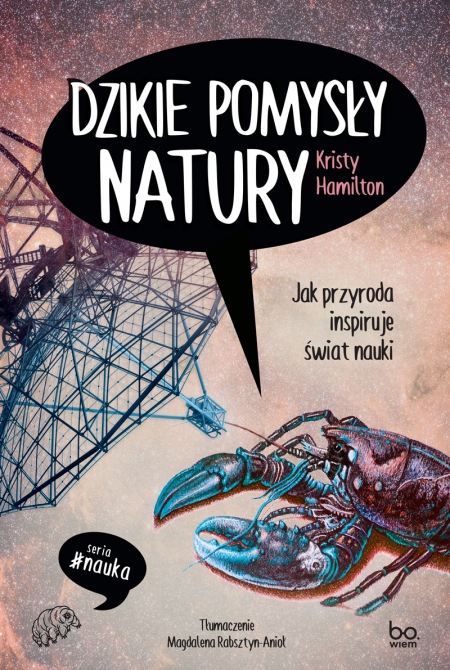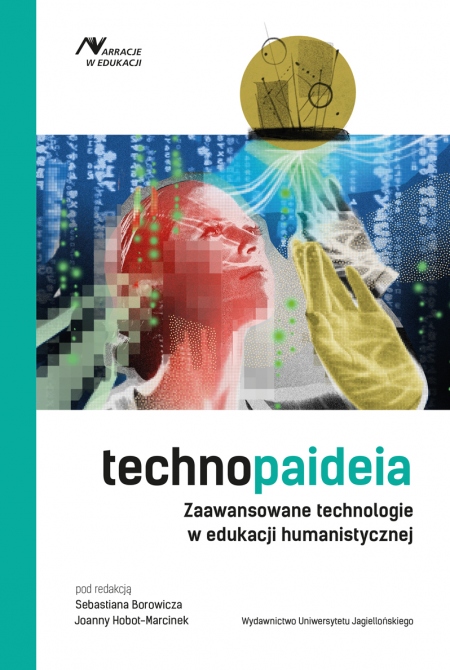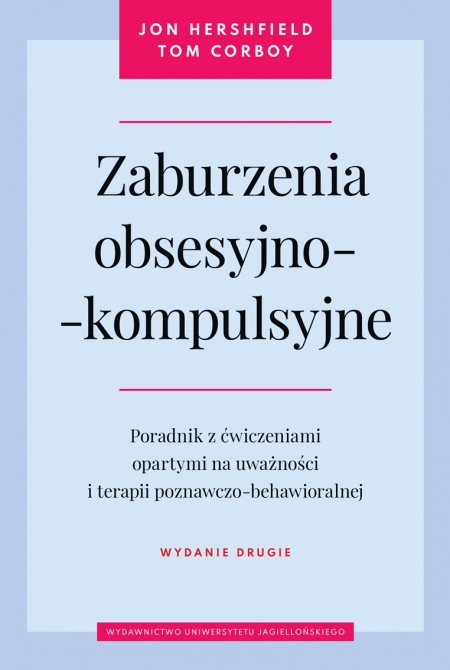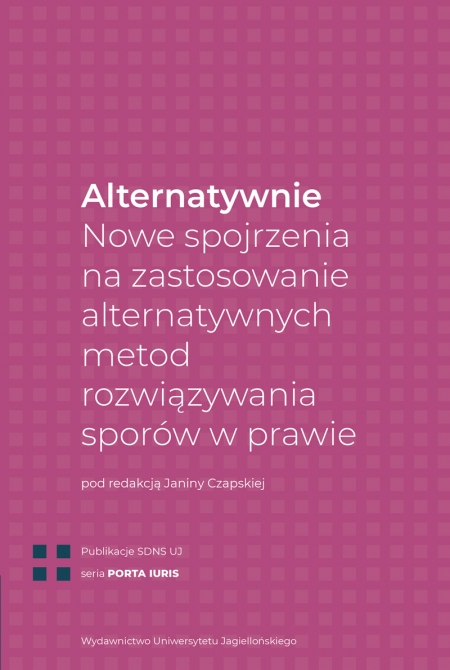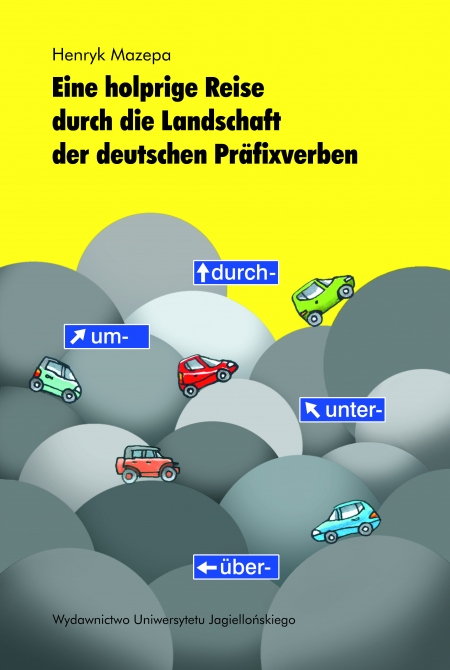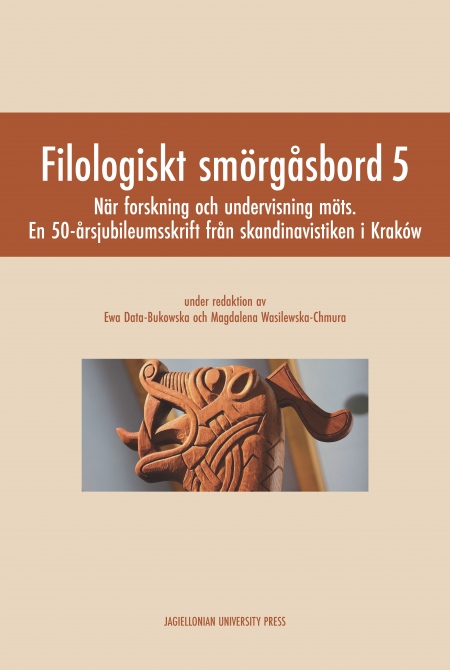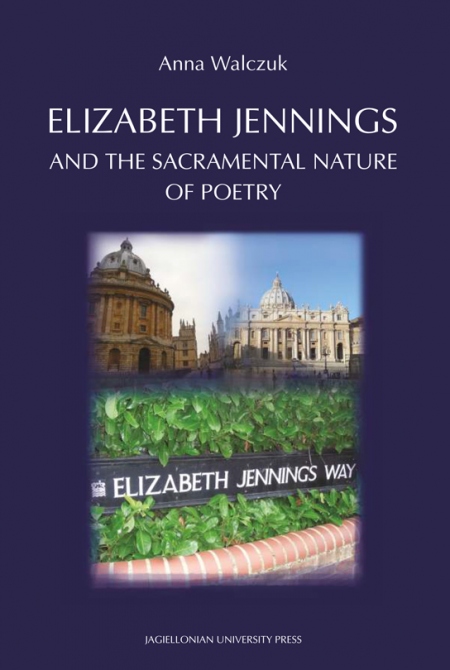
Elizabeth Jennings and the Sacramental Nature of Poetry
Pages: 258
Book format: B5
Publication date: 2017
Publication date: 20.12.2017
Book description
This book is an extensive monographic study of Elizabeth Jennings (1926-2001), one of the most remarkable poetic voices in England in the second half of the twentieth century. Briefly linked with the poets of "The Movement" in the 1950s, Jennings soon gained her poetic independence and high esteem on the English literary scene. Primarily a prolific lyricist and religious poet, she also published critical prose bespeaking her fascination with the potential of poetry and its capacity to reach out toward transcendence. The monograph takes into consideration a substantial body of Jennings’s poems in the attempt to relate them to the poet’s Christian beliefs and her profound spiritual experience. It shows how in Jennings’s life and creative output the credo of her faith is interwoven with the ars poetica of her craft. The analysis calls attention to Jennings’s emphasis on the intrinsic link between poetry and mysticism and her deep-seated conviction of the unique power of poetic language. The book discusses religious inspiration in Jennings’s poems and explores her perception of the words of poetry as inextricably linked with the divine word and viewed in the perspective of the Roman Catholic notion of sacrament. Sacramental awareness is not only seen as a conspicuous property of Elizabeth Jennings’s religious profile and an attribute of her thinking, but it is also adopted as the principal and indispensable frame of reference for the analytical and critical discourse presented in the book.
Authors
Anna Walczuk
ISBN: 978-83-233-4343-1
Country of manufacturer: Poland
RECOMMENDED BOOKS
NEW BOOKS

Elizabeth Jennings and the Sacramental Nature of Poetry
Choose chapters to buy:
Order value:
0.00 zł
